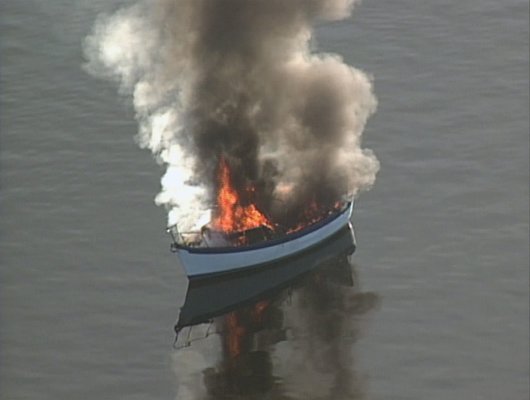I don`t know, in the boat explosion case I was involved in years ago, if the baby blown into the air screamed before dying. The two adults I acted for had horrible injuries, all 4 limbs fractured,weeping infection sites from fragments forced deep into tissue by the explosion, etc. I`d like to forget it, I can`t, I don`t think it is wrong to raise safety as a consideration, as I did previously, without the grisly information above.
Something I learnt (if memory serves) from the investigations is the required ratio for combustion is 95% air 5% gas. A boat can be "safe" if the ratio is richer, but if air is added to the bilge by moving, that ratio can change. The problem lies in containment provided by hull and decks.
Despite my experience, I twice chartered gas boats from good companies, one was Halvorsen, and would nervously poke my nose into the ER. When I bought, I excluded gas engine boats from my search, including on safety grounds.

 I know that there are many on this forum who have gassers & it is not my intention to debate their choice but in an attempt to clearly explain my position on gas engines, I offer the following.....
I know that there are many on this forum who have gassers & it is not my intention to debate their choice but in an attempt to clearly explain my position on gas engines, I offer the following.....

 Doesn't even last long enough to blacken anything. . .
Doesn't even last long enough to blacken anything. . .


